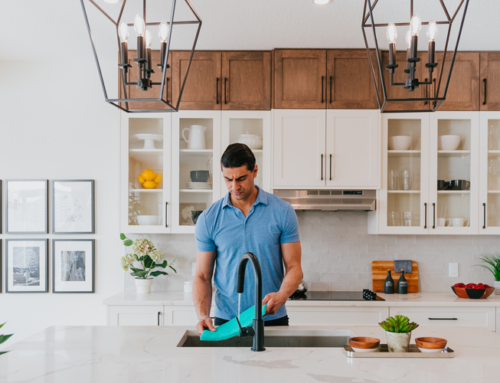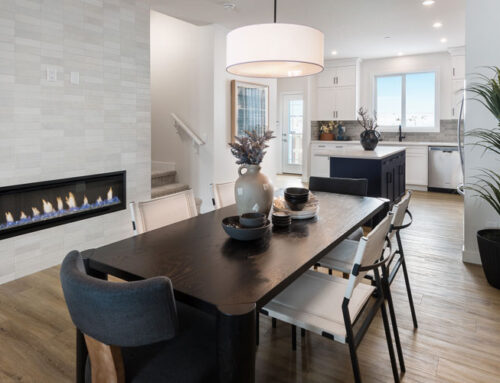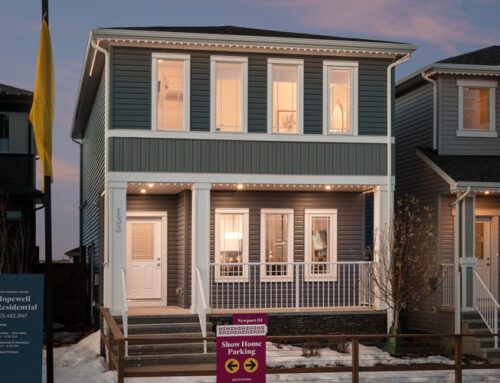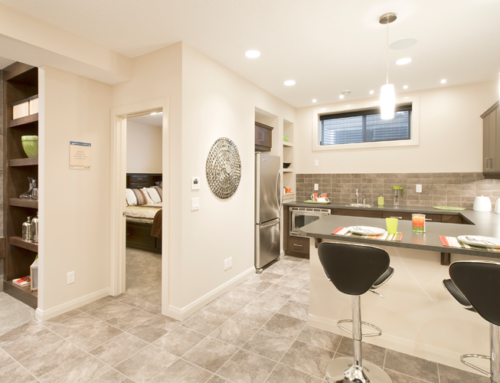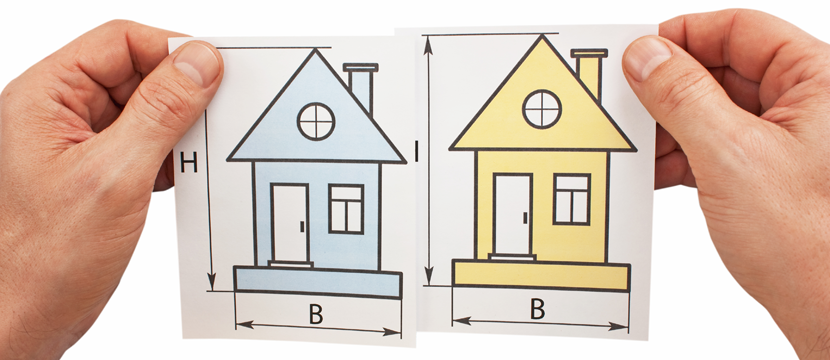
Whether to buy a new home or an existing resale house is a difficult question for some home buyers. The decision to choose one over the other isn’t always obvious or easy.
For some people, it is a lifestyle decision after falling in love with an old character home. For others, the clean lines, modern designs and the ability to be part of the design process to choose the perfect layout for their family are the deciding factor to choose new.
To help you decide and make an informed decision about your next home purchase, we’ve complied some of the main factors to consider when choosing between them.
Buying a Used House
Buying a resale home is fairly straightforward, and you’ll be able to have a move-in date generally with 30 to 60 days. In fact, selling an existing home is so simple for real estate agents that they often skip the new home market entirely and take home buyers out to view existing resale homes. For them, it is easier to show you a house that best meets the criteria you’ve asked for, rather than have you envision your dream house and then try to find it.
When you view the home, you’ll be able to see the room size and see the character of the house. The charm of an older house to some is the old-style architecture, period features and the opportunity to live in an established neighbourhood.
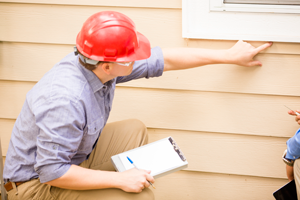 What you won’t see when you view the house, is what’s inside the walls. To overcome this problem, you’ll want to hire a good home inspector, and ask some probing questions like these:
What you won’t see when you view the house, is what’s inside the walls. To overcome this problem, you’ll want to hire a good home inspector, and ask some probing questions like these:
- What are the current annual maintenance costs?
- How old is the home?
- Was there any additions/renovations made to the home that weren’t permitted by the city?
- Is the wiring up to the present day code?
- What kind of repairs will need to be made?
- How old are the appliances, furnace and water heater?
- How energy efficient is the home? For instance, the R-value of the walls, energy rating of mechanical systems and type of windows and doors.
If you’re buying the house to renovate, then you’ll need to look at remodeling costs. Depending on the type of renovation you’re planning, you’ll want to hire an experienced architect, a good contractor, professional builders, and purchase quality materials. All renovations will need to go through approvals with the city, bring all your home’s systems up to the current codes, and follow all building requirements. This means ensuring that all the required building permits are applied for and signed off on prior to moving in.
Typically, there are cost overages and there can also be some surprises that come with a renovation. Therefore, a contingency budget should be factored into the cost for the home.
Another factor that many people overlook is where they’ll live while they renovate. If you need to rent while you renovate, then consider the rental cost and any additional moving costs related to the move.
Even if you plan to live in the house first before you renovate, then you should still factor in all these associated costs of a renovation into the purchase price.
Buying a New Home
When you buy new, you’ll have less to worry about and more time to enjoy your home. Building a home allows you to choose your lot, choose what floor plan best suits your family and knowing that you have a warranty gives home buyers peace of mind.
New homes come with the following:
- Built to the current building codes
- New appliances, furnace and mechanical systems, with warranties on each
- Better air quality
- More energy-efficient home
- Modern floor plans with updated living spaces for how families live today
- Latest technology
- Customization
- Built to your specifications
- Selections are to your taste e.g. wall colours, tiles, backsplash, kitchen cabinets, etc.
- Choice of style of home e.g. craftsman, colonial, ranch, Tudor, mid-century modern
- New Home Warranty
Your new home builder will arrange everything for you. They have an experienced team to take the hassles out of building. Remember, you also won’t need to budget for annual maintenance or upkeep for the first few years, because the home is new. And, if any defects arise, you can get these repaired under the home’s warranty.
Builders also have a number of exclusive programs to help you sell your existing home and buy your new home:
- List your home for free
- Benefits of using your home builder’s preferred lender
- Use your existing home equity for a down payment
- Purchase a spec home using a mortgage transfer
Lastly, when you move into a new home, your neighbours will be similar to you. Whether you’re a first-time buyer moving into a starter house, buying a single-family home for your family, or moving into an estate home, more than likely, the neighbours you’ll end up beside will have similar values and a family like yours.


